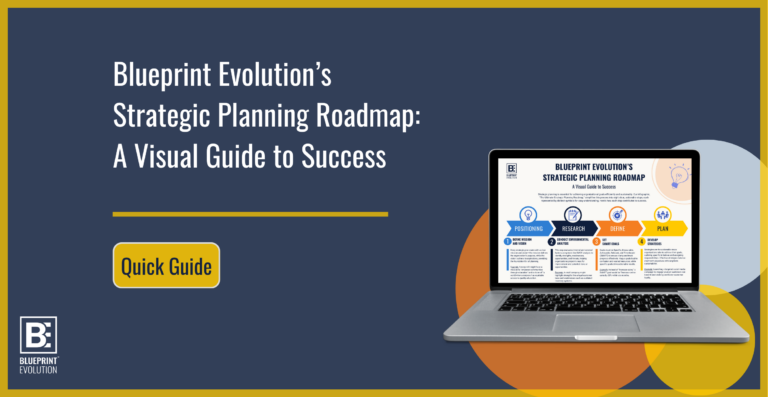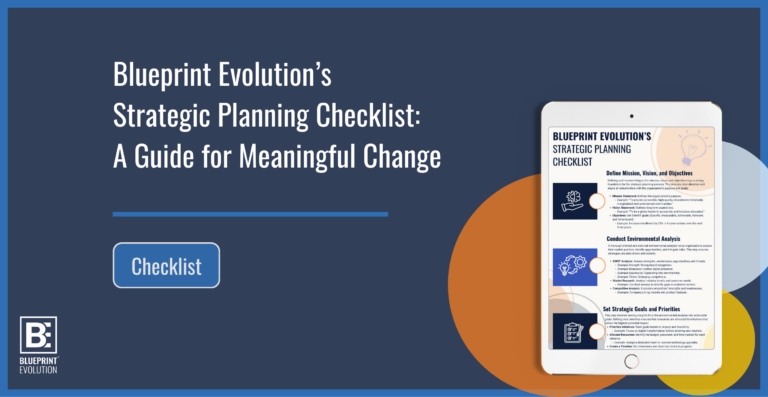Defining Goals and Objectives for Strategic Organizational Planning
Setting specific, measurable, achievable, relevant, and time-bound (SMART) goals is vital for ensuring alignment with the organization’s mission and vision. Clear objectives provide a focused and strategic approach, allowing the organization to track progress and effectively achieve desired outcomes. This structured framework helps prioritize efforts, optimize resources, and maintain accountability.
The Importance of Defining Goals and Objectives
Organizations with defined goals are 2.5 times more likely to be leaders in their industry.
- Alignment with Mission and Vision: Defining goals and objectives ensures that every effort is aligned with the broader mission and vision of the organization.
- Enhanced Focus and Direction: Clear objectives provide a roadmap, helping teams stay focused and directed toward achieving key milestones.
- Progress Tracking: With specific, measurable goals, organizations can effectively track progress, ensuring they are on the right path.
- Resource Optimization: SMART goals enable better prioritization, ensuring resources are allocated efficiently and effectively.
- Accountability: Setting defined objectives fosters a culture of accountability, as every team member understands their role in achieving the organization’s goals.

The Blueprint Process
- Increased Efficiency: Organizations with clear goals are 50% more likely to complete projects on time and within budget.
- Improved Employee Engagement: Employees are 3.5 times more likely to be engaged when they understand the organization’s strategic objectives.
- Higher Success Rates: Companies with well-defined goals are 30% more likely to achieve their desired outcomes.
Contact us today to discover more about how we can help you achieve your goals and experiences.
OUR STRATEGIC PLANNING CONSULTING SOLUTIONS

A well-defined mission statement is crucial as it clearly articulates the organization’s purpose and identity, ensuring all strategic efforts are aligned with its core values and goals. A compelling vision statement is equally important as it outlines the desired future state, serving as a strategic guide that directs decision-making and unifies the organization’s efforts towards achieving long-term objectives and success.
Conducting a comprehensive SWOT analysis is essential for strategic planning. By examining the organization’s internal strengths and weaknesses, along with external opportunities and threats, this assessment identifies critical strategic areas to leverage and potential challenges to address. It provides a clear understanding of the current landscape, guiding informed decision-making and effective strategy development.
Setting specific, measurable, achievable, relevant, and time-bound (SMART) goals is vital because it ensures alignment with the organization’s mission and vision. Clear objectives provide a focused and strategic approach, allowing the organization to track progress and effectively achieve its desired outcomes. This structured framework helps in prioritizing efforts, optimizing resources, and maintaining accountability.
Formulating strategic initiatives and detailed action plans is essential because it translates goals into actionable steps, ensuring clarity and direction. By outlining specific tasks, allocating resources, and assigning responsibilities, organizations can effectively implement their strategic plan and drive progress toward their objectives.
Establishing key performance indicators (KPIs) to measure progress toward strategic goals is essential because it provides a clear framework for assessing success. Regular monitoring and evaluation against these indicators enable organizations to adapt and adjust their strategies, ensuring continuous improvement and alignment with objectives.
- Mission & Vision
-
A well-defined mission statement is crucial as it clearly articulates the organization’s purpose and identity, ensuring all strategic efforts are aligned with its core values and goals. A compelling vision statement is equally important as it outlines the desired future state, serving as a strategic guide that directs decision-making and unifies the organization’s efforts towards achieving long-term objectives and success.
- SWOT Analysis
-
Conducting a comprehensive SWOT analysis is essential for strategic planning. By examining the organization’s internal strengths and weaknesses, along with external opportunities and threats, this assessment identifies critical strategic areas to leverage and potential challenges to address. It provides a clear understanding of the current landscape, guiding informed decision-making and effective strategy development.
- Goals & Objectives
-
Setting specific, measurable, achievable, relevant, and time-bound (SMART) goals is vital because it ensures alignment with the organization’s mission and vision. Clear objectives provide a focused and strategic approach, allowing the organization to track progress and effectively achieve its desired outcomes. This structured framework helps in prioritizing efforts, optimizing resources, and maintaining accountability.
- Strategic Initiatives & Action Plans
-
Formulating strategic initiatives and detailed action plans is essential because it translates goals into actionable steps, ensuring clarity and direction. By outlining specific tasks, allocating resources, and assigning responsibilities, organizations can effectively implement their strategic plan and drive progress toward their objectives.
- Performance Measurement & Monitoring
-
Establishing key performance indicators (KPIs) to measure progress toward strategic goals is essential because it provides a clear framework for assessing success. Regular monitoring and evaluation against these indicators enable organizations to adapt and adjust their strategies, ensuring continuous improvement and alignment with objectives.
ORGANIZATIONAL MANAGEMENT SOLUTIONS
Recent Blogs
Check out our other content on this topic!











